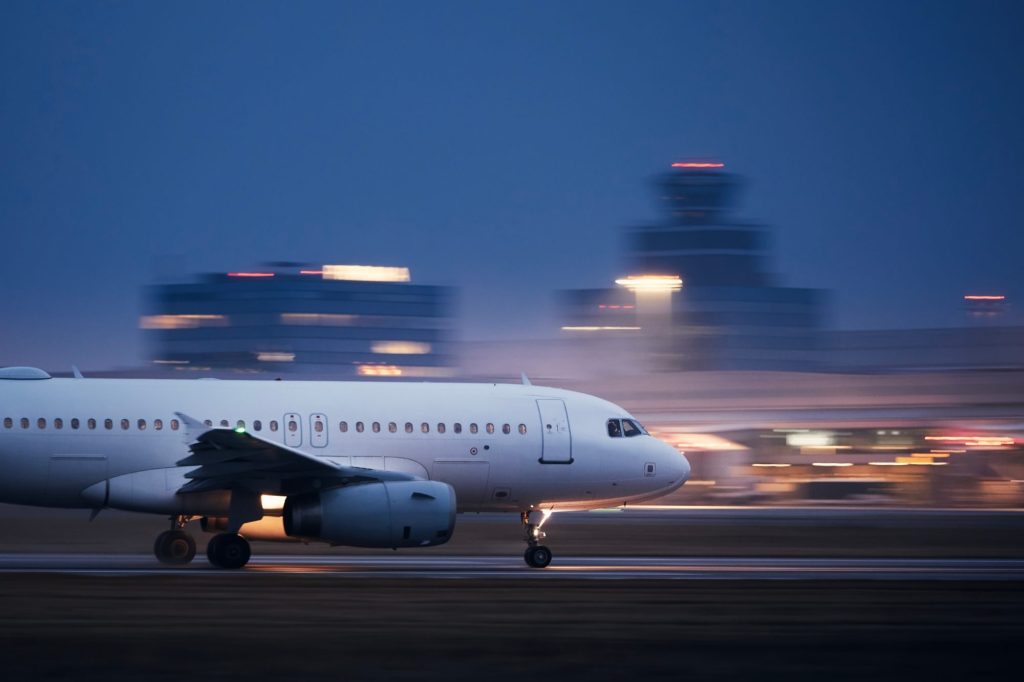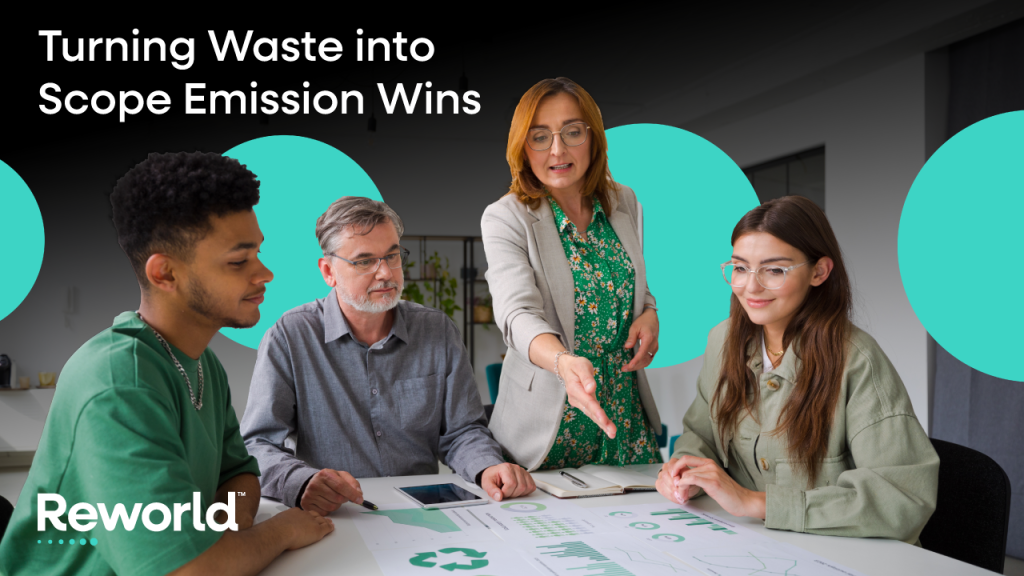Buyers expected to spend $30 million at new sustainable aviation platform
Buying SAFs just got a little easier. Read More

-
- SAFc Connect aims to streamline acquisition of sustainable aviation fuel certificates.
-
- Until now, it could take up to 24 months to close a contract for SAF.
-
- It is open to members of the Sustainable Aviation Buyers Alliance, which includes Amazon, Deloitte and 32 other companies.
Purchasing sustainable aviation fuel (SAF) just got a little easier, thanks to the release of an online platform that allows buyers to quickly compare price and other attributes of different fuels.
Fuels derived from waste cooking oil and other sustainable sources are at the heart of the aviation industry’s efforts to decarbonize, but purchasing SAF is nothing like booking a flight. Buyers, working individually or through the Sustainable Aviation Buyers Alliance (SABA), generally begin by asking SAF suppliers to submit proposals for vetting.
“Those are fairly time-consuming efforts,” said Andre de Fontaine, a managing director at the Center for Green Market Activation, one of the non-profits that runs SABA. “They take somewhere between 18 and 24 months to run.”
Members only
The alliance has moved to streamline the process with today’s launch of SAFc Connect, a platform containing information on carbon intensity, pricing, feedstock and other attributes of SAF certificates for fuels pre-vetted by SABA. The platform is open to alliance members, which include Amazon, Deloitte, Netflix among 32 other companies.
“Instead of running an RFP every year whenever they want to buy SAF certificates, they can now go into a managed database confident that the fuel has been vetted for quality criteria,” said de Fontaine.
At least five SAF providers — Alaska Air, Future Energy Global, International Airlines Group, Targray and Valero — will be part of SAFc Connect at launch. SABA expects up to double that number to come on board in coming months.
Book and claim
The scheme operates on a book-and-claim basis, meaning that buyers can use the certificates to offset Scope 3 aviation emissions without actually flying planes that burn SAF. This approach, also being used in maritime shipping and for rail freight, allows buyers to support sellers even if they cannot directly access the low-carbon transport on offer.
Although de Fontaine would not disclose likely prices, he noted that SABA’s last RFP, while not necessarily predictive of future prices, produced certificates in the range of $300 to $500 per metric ton of carbon dioxide. An economy-class round trip from New York to London creates around 0.6 tons of CO2, according to the International Civil Aviation Organization.
SABA has worked with corporate buyers to aggregate demand for over $400 million in SAF certificates since launching in 2021 and expects members using SAFc Connect to have immediate demand for around $30 million in certificates.
The alliance also recently released an RFP for next-generation sustainable fuels, including “e-fuels,” which can be synthesized from CO2 and water in a reaction powered by renewable energy. The move comes as some environmental groups continue to question the sustainability of fuels made from crops, a class of SAF that is expected to play an important role in the short-term growth of the market.
This story was updated on May 28, 2025 to more accurately reflect the price of certificates in SABA’s earlier RFP.
[Connect with more than 3,500 professionals decarbonizing and future-proofing their organizations and supply chains through climate technologies at VERGE, Oct. 28-30, San Jose.]
















